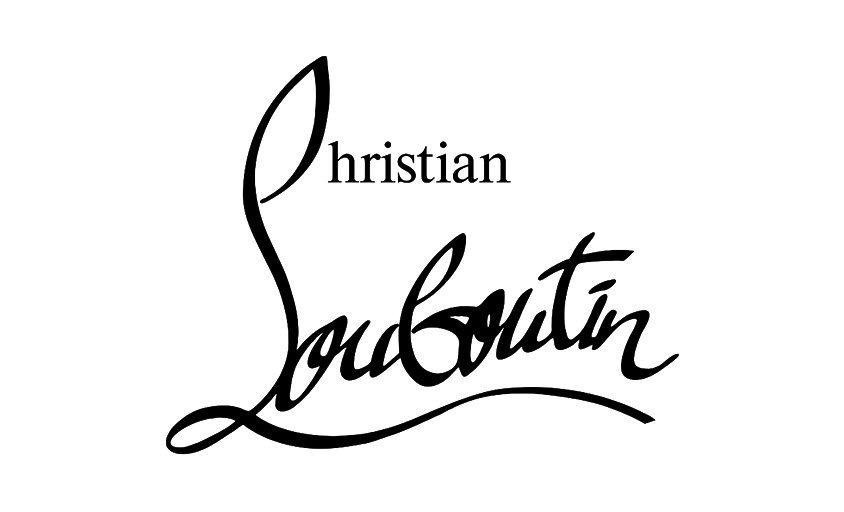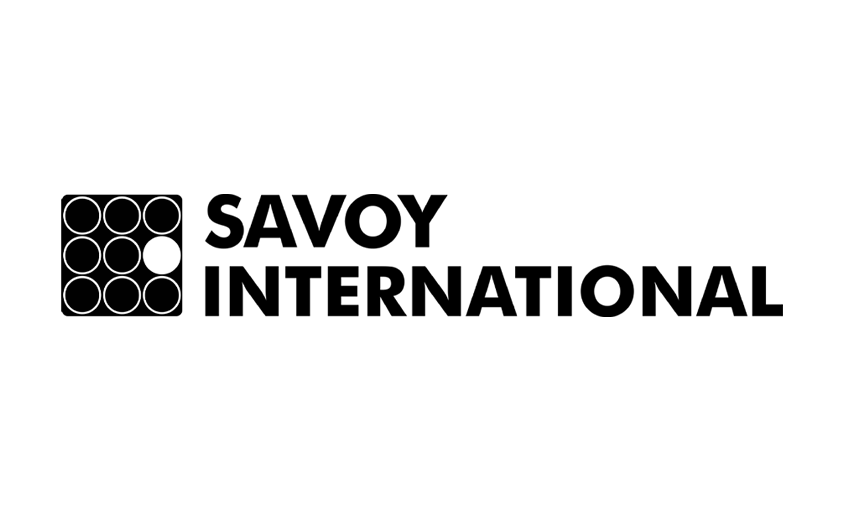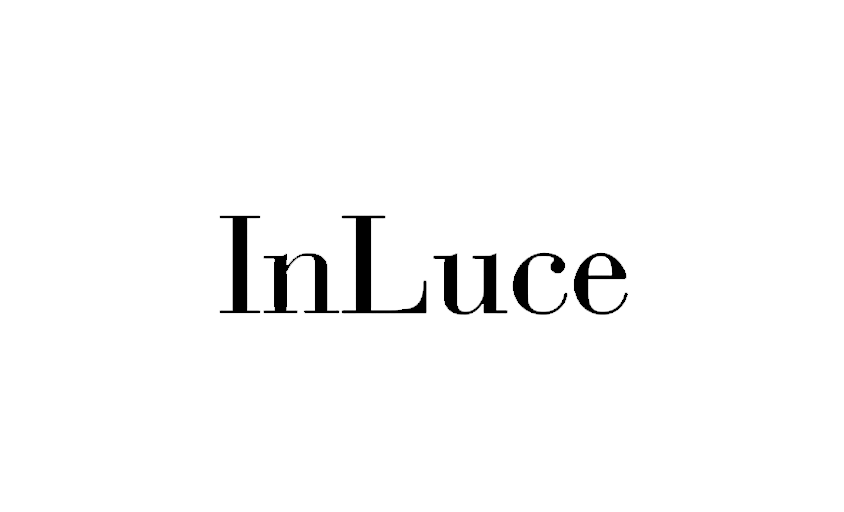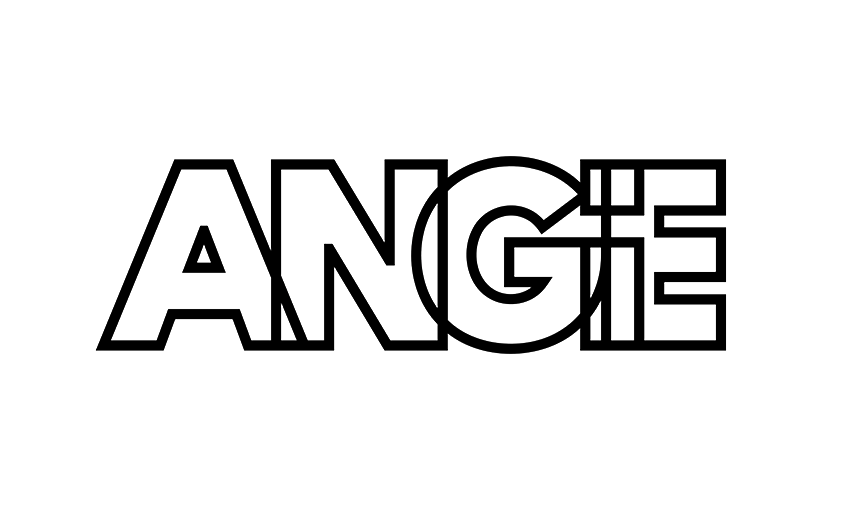Salary of a Photo Retoucher
In this article :
The evolution of the photo retoucher profession, which combines both creativity and technique, has given rise to a rapidly changing sector. The question of a photo retoucher’s salary is therefore central for those looking to start or progress in this career. Compensation varies depending on many factors, ranging from skill level to working conditions, geographic location, and specialization.
Factors Influencing a Photo Retoucher’s Salary
- Technical and Artistic Skills
Mastery of retouching software, especially Photoshop, is essential for success in this profession. The more a retoucher can skillfully handle layers, masks, and correction tools, the higher the quality of their work will be. This expertise, combined with an artistic sensitivity, makes all the difference. Therefore, a professional with a strong portfolio and creative approach will often be able to command a higher salary.
- Experience and Portfolio
Experience plays a key role in determining salary. A beginner retoucher, with a portfolio still under development, will typically earn less than a seasoned professional whose work demonstrates strong expertise in the field of image retouching. The ability to work on diverse projects and meet the demands of industries such as advertising, fashion, or architecture adds significant value to one’s salary.
- Work Environment
The mode of employment also impacts salary:
- Freelance: Working as an independent contractor offers great flexibility and the potential for high earnings, but it requires managing client acquisition, contract negotiation, and administrative tasks independently.
- Company or Studio: Being employed in an agency, studio, or communications company can provide financial stability and social benefits, although base salaries may be lower than those of freelance retouchers.
- Geographic Location
Geographic location plays an important role in determining salary. In major metropolitan areas like Paris, the demand for photo retouchers is often higher, resulting in generally higher salaries. In contrast, in less urbanized areas, the market may be less lucrative due to less intense competition.
Current Trends and Future Perspectives
The integration of new technologies in the field of photo retouching has opened up new perspectives. AI-based tools allow for the automation of certain tasks, thereby increasing productivity and the quality of the work produced. This technological evolution may, in the long run, influence photo retoucher salaries by emphasizing skills related to cutting-edge technologies.
The rise of collaborative platforms and remote work tools also enables retouchers to work with international clients, potentially leading to an increase in their compensation. Furthermore, the constant demand for high-quality visual content in advertising and marketing ensures a sustained need for skilled retouchers.
Salary Evolution Based on Experience
Experience is one of the key factors determining the salary of a photo retoucher. Over the years, expertise is reflected not only in better mastery of retouching tools and software like Photoshop but also in the ability to meet increasingly complex requirements and manage large-scale projects. Salaries evolve according to years of experience as follows:
- 0 to 2 years: Beginners in the profession can expect a salary between €20,000 and €25,000. At this stage, the focus is on learning the basics and acquiring essential technical skills.
- 2 to 5 years: With a few years of experience, the salary typically ranges between €25,000 and €35,000. Retouchers begin to develop a solid portfolio and refine their artistic approach, allowing them to better value their work.
- 5 to 10 years: Once a retoucher has gained recognized expertise and can handle complex projects, their salary increases to a range of €35,000 to €45,000.
- 10 to 15 years: Experienced professionals with a rich and diverse career can expect salaries ranging from €45,000 to €55,000, depending on their specialization and the industry in which they work.
- Over 15 years: Established experts, with a solid reputation and mastery of advanced retouching techniques, see their salary rise to between €55,000 and €65,000.
These ranges illustrate the natural progression in the profession, where experience, work quality, and the ability to innovate play a key role in compensation.
Conclusion
The salary of a photo retoucher reflects the added value they bring to visual communication. For those aspiring to become retouchers, it is essential to master the technical aspects, cultivate artistic sensitivity, and choose a work environment that aligns with their goals. By adapting to technological advancements, retouchers can not only enhance their productivity but also access more lucrative opportunities. Developing skills and refining professional positioning are therefore key strategies for building a fulfilling and sustainable career in this constantly evolving field.
Jérémy Carlo is the editorial director at Rétines, where he ensures the consistency and clarity of all content produced by the studio.
Our Clients
Let’s discuss
What we do for you at Rétines
Meticulous work, an organised project and fast delivery. And to achieve this, we mobilise the right resources in our teams at the right time.
01
Pre-production
Artistic and technical direction tailored to the project.
Relevant recommendations on content, form and resources.
02
Photo Shooting
Photos taken by our experienced photographers.
Production that’s controlled, efficient and tailored to the needs of the project, with nothing superfluous.
03
Retouching
Technique
Photographs magnified by our retouching team.
Post-production to meet the commercial challenges of the brief.












